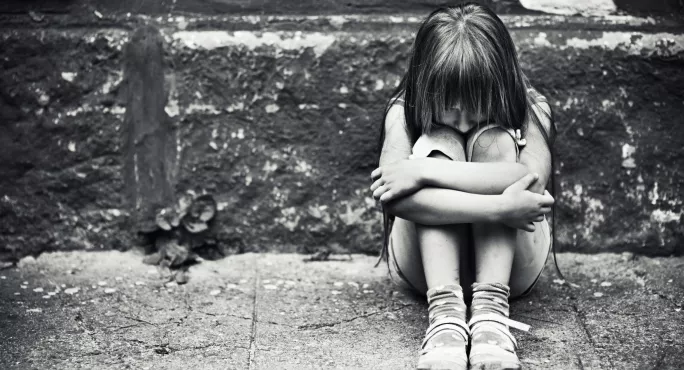- Home
- Children’s health: ‘painful facts we cannot ignore’
Children’s health: ‘painful facts we cannot ignore’

Political parties should make children’s health a priority ahead of next year’s Scottish election, a leading medical expert has said.
The Royal College of Paediatrics and Child Health (RCPCH) officer for Scotland, Professor Steve Turner, spoke out after a report highlighted a rise in the number of young people dying in Scotland.
He said an end to child poverty, as well as early intervention approaches and better children’s services, should be a top priority ahead of the May 2021 Holyrood election.
Health Behaviour in School-Aged Children: key findings
Child poverty: An open letter to teachers from a parent in poverty
Quick read: Counselling offered to all Scottish secondary students
The RCPCH has released its State of Child Health 2020 report, which assesses 28 different measures, including mortality rates, poverty and conditions such as asthma and epilepsy.
The report - which assesses the whole of the UK, with breakdowns for the four countries - shows the rate of young people dying in Scotland between the ages of 10 and 19 rising from 19.5 per 100,000 to 24.5 when comparing figures from 2014 and the most recent available data; the proportion of children dying before age nine rose from 9.3 to 9.7.
However, the number of deaths in babies under one year old per 1,000 live births dropped from 3.6 to 3.2, remaining the lowest in the UK.
The proportion of young people taking their own lives rose sharply, from 9.8 to 15.1 per 100,000 people aged between 15 and 24 - the biggest rise of any country in the UK and the second-worst rate behind Northern Ireland, with 17.8.
Professor Turner welcomed some of the changes made in Scotland over recent years but said it was “unacceptable” that there were still children living in poverty - up from 22 per cent to 24 per cent, according to the report.
He said: “The 2017 State of Child Health report was a line in the sand.
“Since then, there have been a number of very welcome moves in Scotland aimed at improving mental and physical health and wellbeing.
“We’ve seen the [UN Convention for the Rights of the Child] incorporated into Scottish law, there has been the Equal Protection from Assault Bill passed in Parliament...The Scottish government has delivered strategies on healthy weight, mental health and introduced the Best Start grants.
“These are all good moves in the right direction and, if properly funded, could really improve the health and wellbeing of our children.
“However, our 2020 report highlights some painful facts, which we cannot ignore.”
He added: “One in four of our children are growing up in poverty - this is unacceptable in a country like ours. Obesity rates are also on the rise.
“Urgent and bold action at national and local government levels will be required to meet the 2030 targets.
“All parties should commit to making children’s health a manifesto priority with a focus on ending child poverty and health inequalities, prioritising public health prevention and early intervention, and enhancing services for children and young people.”
The number of immunisations in children has also fallen in Scotland, with 95.9 per cent of children having received the five-in-one vaccination in their first year of life, down from 97.4 per cent in 2014 - the worst rate in the UK.
Uptake of measles, mumps and rubella immunisation also dropped, to 91.2 per cent from 93.4 per cent.
A Scottish government spokeswoman said the report showed “positive results following action undertaken by the Scottish government” in infant mortality rates, accidental injuries and oral health, but that it wanted to go further.
She added: “That is why we’re undertaking ambitious action, including to improve performance in mental health waiting times across Scotland, and support early intervention in community settings and across the third sector, local government and the NHS.
“This includes £250 million to support positive mental health for children and young people, support workforce development and improve access to high-quality services.”
The spokeswoman highlighted work to improve children’s mental health through counselling services in schools, along with initiatives to boost immunisation rates and tackle child poverty.
Keep reading for just £1 per month
You've reached your limit of free articles this month. Subscribe for £1 per month for three months and get:
- Unlimited access to all Tes magazine content
- Exclusive subscriber-only stories
- Award-winning email newsletters



